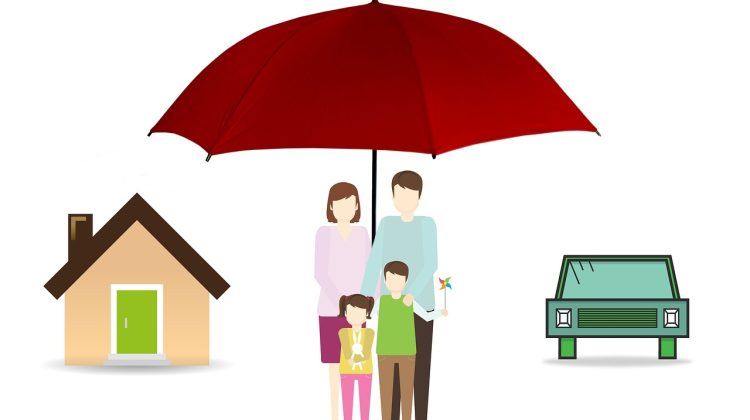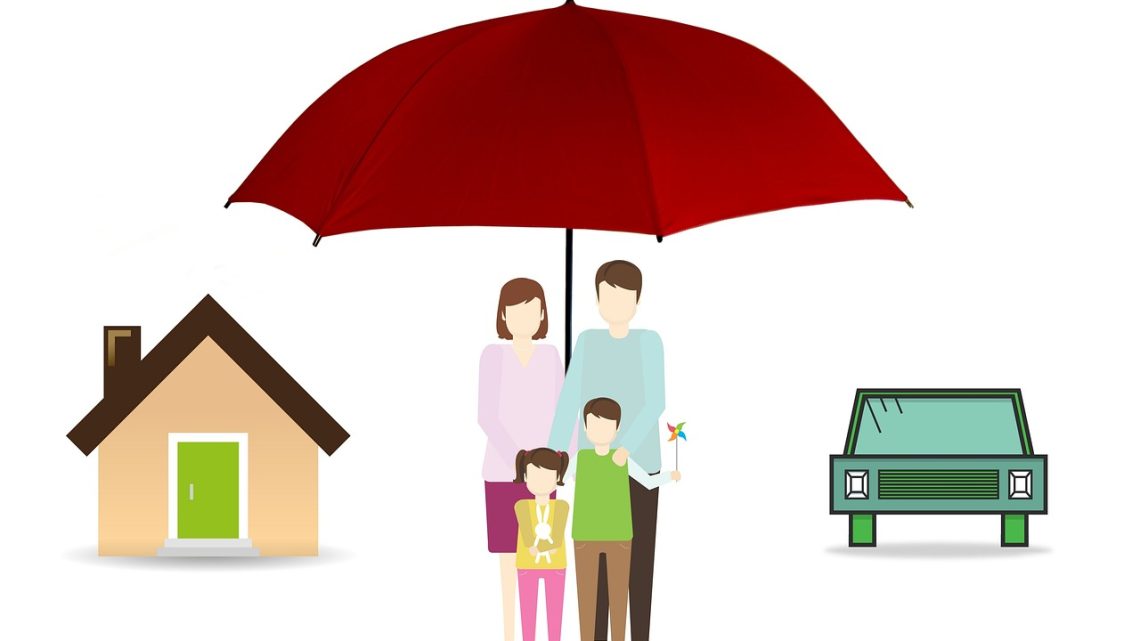Getting quality insurance is a good first step towards protecting your home. However, the following pointers are important for anyone who wishes to get maximum satisfaction from their homeowners insurance before and after purchase.
1. Safeguard your home
Take action to make your home theft-resistant. Case your home as if you were a burglar. Burglars look for easy targets – make sure your home isn’t one of them.
Install exterior lights that are out of reach and triggered by motion.
Trim trees and shrubs near doors and windows.
Don’t hide house keys outside – burglars know where to look.
Consider investing in a security system. Not only does this make your home safer, it can lower your home insurance premiums.
Improve Your Home Security: Most insurance companies offer discounts for smoke detectors, burglar alarms, dead bolts, fire extinguishers, and Neighborhood Watch Areas. Homes with a fire and burglar alarm system hooked up to a third-party monitoring company receive higher discounts than homes with local bell alarms.
When you’re on vacation:
*Have mail and newspapers picked up.
*Leave blinds in normal positions.
*Arrange to have your lawn mowed or your
driveway shoveled.
*Tell police and neighbors that you will
be away and ask them to watch your home.
2. Be a responsible dog owner.
The numbers speak for themselves: According to the Center for Disease Control and Prevention, 40% of American homes have a dog. There are 4 million dog bites per year, and dog bites create 33% of all homeowners liability claims – resulting in more than $1 billion in claims per year.
Consider these tips to avoid having a claim brought against you:
*Pick a dog breed that’s covered by your home insurance. Ask your insurance agent for details.
*Have your dog spayed or neutered.
*Train your dog.
*Keep your dog on a leash when walking.
3. Protect your home business
Home businesses are generally not covered under your home insurance policy. You may have only limited property coverage and no liability coverage for your business under your homeowners policy. Research the coverage that you have for property and equipment damage or theft, loss of income, and general liability for customer and supplier injuries.
4. Cover your domestic help.
Check with your state Department of Insurance regarding whether you need a workers’ compensation policy for your housekeeper, gardener, nanny, cook, or other domestic employees. In addition, if someone else occasionally runs errands for you and drives your car, have that driver listed on your auto insurance. Confirm that you have adequate liability and medical coverage on your home insurance policy. Consider purchasing a personal umbrella policy.
5. Review your coverage annually.
Your home insurance should reflect your home’s current value, condition and improvements. Check your policy each year and review your specific coverages so that you will be able to make the necessary adjustments to fully protect your home.
6. Increase Your Deductible.
Just like auto insurance, policies have deductibles, and the same rule of thumb applies–carry the highest deductible you can afford. The higher your deductible, the more premium credit you can expect to receive from your insurance company. Your savings could reach 25% by increasing the deductible from $100 to $1000.
7. Consolidate Policies.
Insuring two or more vehicles with the same insurance company can save you 10 – 15% on your premiums. If you
cover your homeowners insurance and auto insurance together, you can reduce your premiums by another 10 – 15%.
8. Construction Type.
Before buying a home, consider its construction type, such as frame or concrete block and steel (CBS). A wood frame house typically costs more to insure than one built mostly of concrete.
9. Verify Distance To Fire Stations And Windstorm Areas.
If you live in the country, you’ll probably pay higher rates for your insurance than if you lived in town. Why?
It’s because of the longer distance to your local fire station. If you live more than 5 miles from the nearest fire station, and more than 1,000 feet from a fire hydrant, you will most likely pay a higher premium.
Before purchasing your home, you may want to get a quote for both and flood insurance. Insurance companies may not offer you windstorm or flood coverage, depending upon the area in which you live. If your home is in a hurricane prone area and your insurance company offers windstorm coverage, then installing approved hurricane shutters should result in a premium discount.
10. Claims Free Record And Renewal Discounts.
If you have not had a claim under your policy during the past 3 – 5 consecutive years, you could receive up to a 15% discount, depending on the insurance company. Plus, most companies will discount your premium if your policy has been in force for 3 straight years.
11. Mortgage Free Discounts.
Some insurance companies target who have paid off their mortgage and offer them premium discounts of up to 5%.
12. New And Renovated Home Discounts.
A majority of insurance companies offer a discount for new homes, and you may qualify if your home was built in the last 10 – 15 years. Also, a recently renovated home costs less to insure, so find out when the last major electrical, heating and plumbing update was completed on the home.
13. Non – Smokers And Early Retiree Discounts.
Some companies offer a non-smokers discount of up to 15% to qualified. To qualify, you must be a non-smoker and you cannot permit smoking in your home by anyone. Retirees or senior citizens are usually offered discounts because insurance companies believe they are home more often and are therefore better able to protect their home against fire and burglary.
14. Live-In House Keeper.
Some insurers offer up to a 2% premium credit if you have a live-in employee as they feel it could reduce the likelihood of burglary.
Conclusion
After reviewing the foregoing savings tips, you may think that if you added up all your credits you could receive a 70 to 90% reduction in your premiums. Unfortunately, it does not work that way. Certain safety or other measures you take may qualify you for being placed with the preferred company of a particular insurance group. This preferred company will be able to give you more premium credits than a standard company is able to.
About the author
Don Francis is an expert in the field of personal/family insurance management. You can get valuable tips on how to get the best value and save on your home insurance at his blog http://insureinfousa.blogspot.com










No Comment